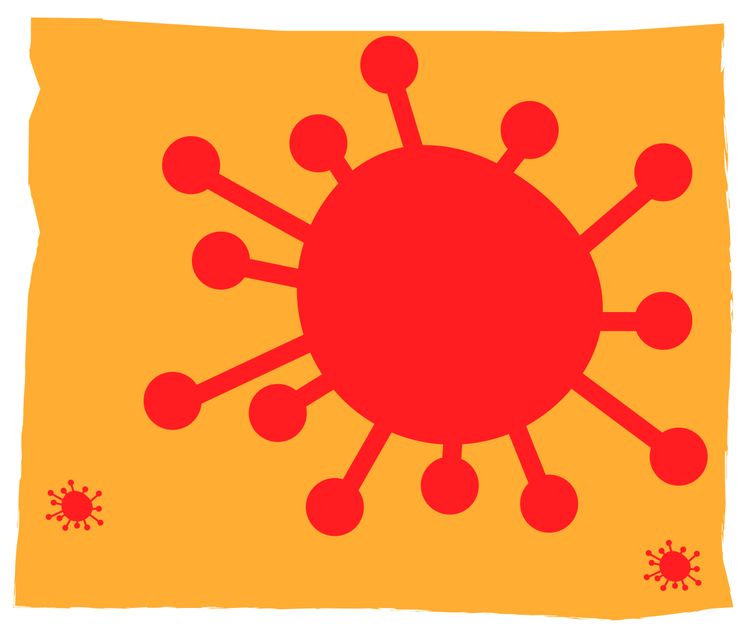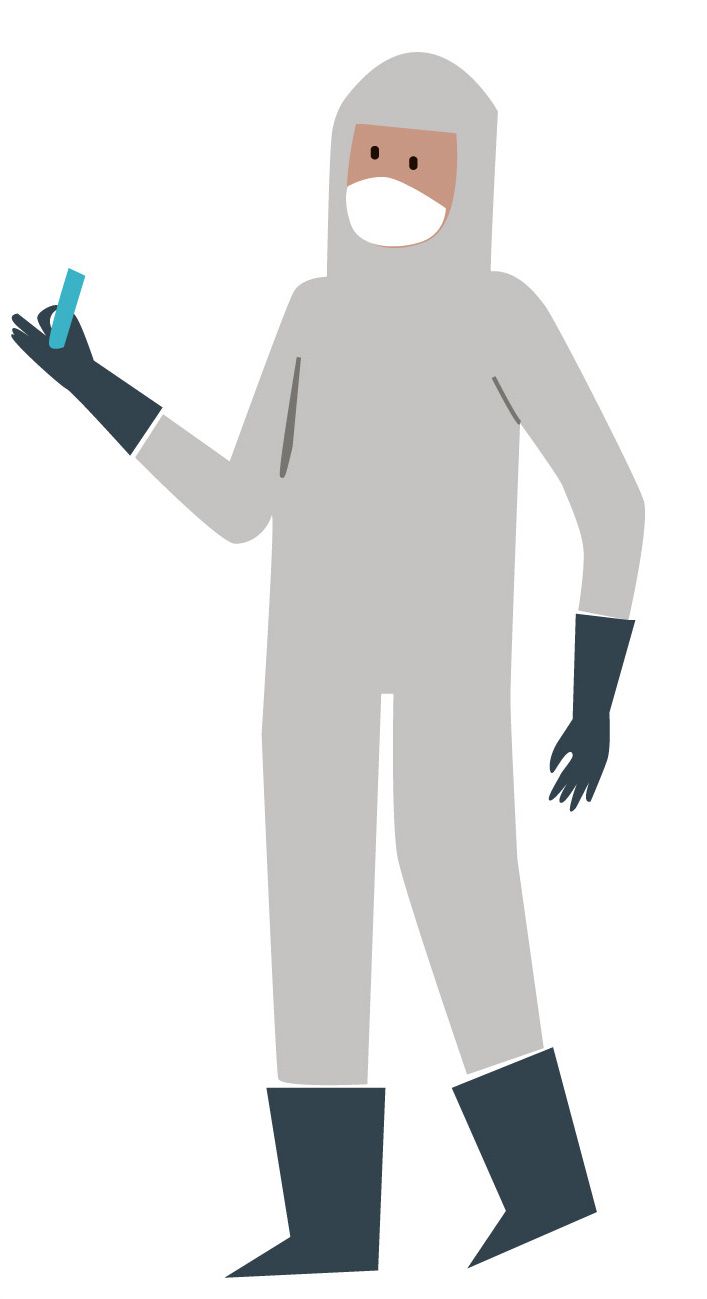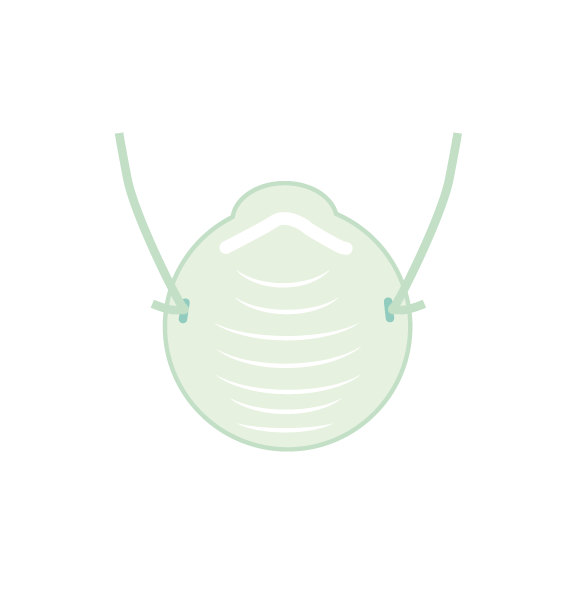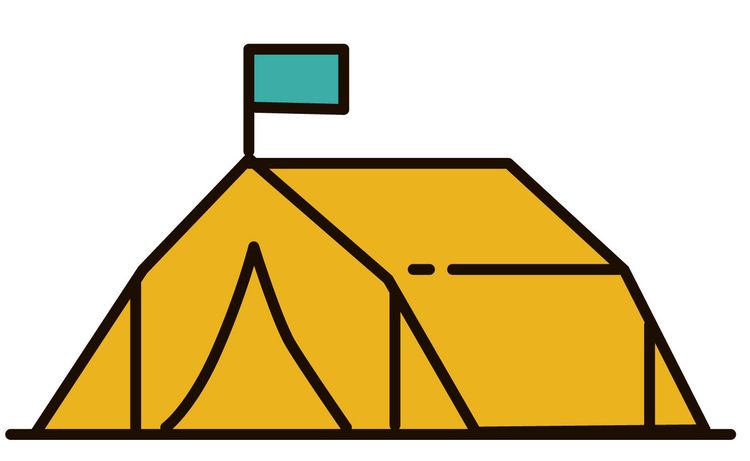
Who actually needs protective clothing now? Is a jacket enough?
Those who work a lot with sick people are more easily infected with pathogens. For example, doctors, nurses, those who work with the Red Cross, or experts that work with laboratory samples from sick people. They all need a "work outfit" with special protection such as a coat, gloves, protective masks, glasses, or a complete suit made of special material.

I always see more and more people wearing a mask over their face. What does that do?
More often than not, these masks actually protect other people more than the person wearing it. Such as when this person sneezes or coughs. With the normal protective mouth masks, one can see in from the right and the left. But there are also special masks that are good protection before becoming infected. The disadvantage: they are very thick and it is hard to breathe, says AGES, the Agency for Health and Food Security.

Should I not wear a mask then?
As said, the masks are important for everyone that works in the hospital or with sick people. For them, there is already limited supply. For everyone else: wash your hands and keep your distance from other people! That is essential and more important. In the worst case, your mask slips off and you fix it with your dirty hand, that would not be good. So, get some soap and wash your hands! And at least long enough that you can sing the "Happy Birthday" song twice.

Everyone is talking about Corona. Wasn’t there something with refugees?
Way to pay attention! Just because of all the current concerns and worries, other problems should not be forgotten. In total, over 70 million people are on the move, half of which are children like you. For comparison: around 8 million people live in Austria. Currently, in Europe, there are arguments about the refugee camps in Greece. Many women and children are waiting there, and only a few countries are willing to accept people.

What actually is the difference between a refugee and a migrant?
Migrants are people who leave their home country to start again somewhere else. For example, falling in love or getting a good job in a foreign country are common reasons to migrate. Refugees often leave in fear of getting killed or being imprisoned simply for belonging to a different religion. They have to be helped, and it is up to each country whether or not to accept migrants.

Do these people also fear Corona?
Yes, a virus does not care about borders. In Greece, there are currently over 530 people who are ill, and unfortunately more are likely to become infected. According to the EU Commission, around 42,000 people live in the refugee camps on the Greek islands. That is many thousands more than should be there. Life is already terrible there, and a Corona outbreak there would worsen the situation greatly. (Peter Mayr, Karin Riss, Translation: Emily York, 1.4.2020)